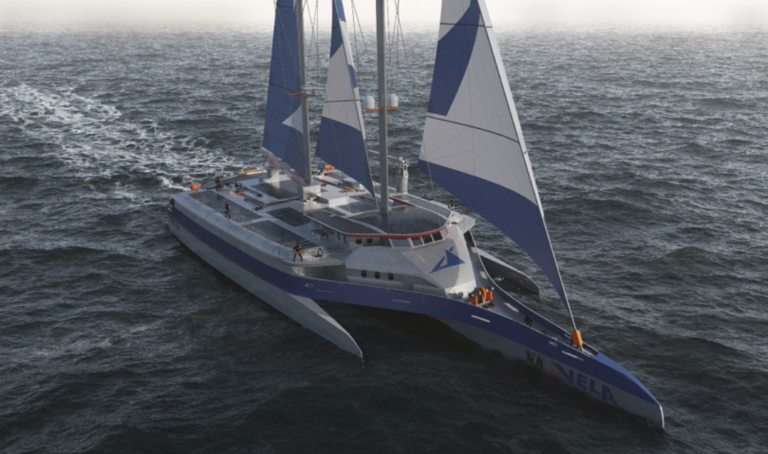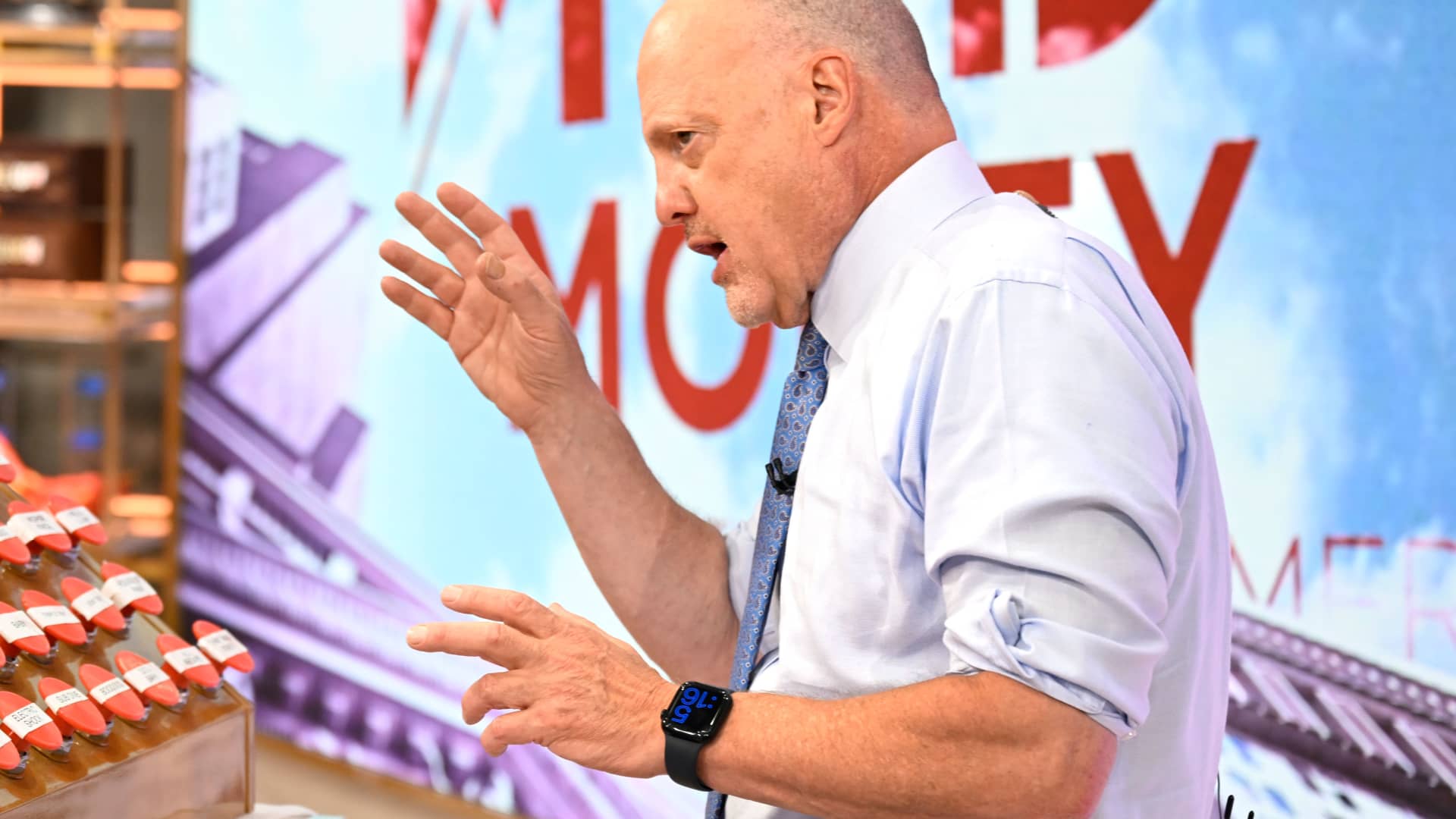By Naida Hakirevic Prevljak
Copyright offshore-energy

Japanese pharmaceutical company Takeda and French shipping company VELA Transport have entered into a business partnership that will enable Takeda to transport its products between Europe and the U.S. using the latter’s first-of-its-kind sailing cargo trimaran.
VELA designed and will operate a fleet of new-generation sailing cargo vessels, powered 100 percent by wind when at sea.
The construction of the company’s first wind-powered trimaran started at the Austal shipyard in Australia a year ago.
Purpose-built to handle pharmaceutical products, VELA will offer ultra-low-emission sea freight shipping. The maiden voyage is planned for late 2026. While under sail at sea, VELA operates propulsion with zero emissions. In port, the vessel complies with all local maritime regulations, requiring engine power using primarily electricity (from battery, solar and hydrogeneration) and marine diesel as a backup.
The new wind-powered sea freight will offer a climate-conscious alternative to other transportation for the pharmaceutical industry – cutting use-related greenhouse gas emissions by up to 99 percent compared to air freight and up to 90 percent compared to container ships. The remaining emissions primarily come from the minimal engine use for maneuvering into harbors.
The trimaran will be equipped with a temperature-controlled refrigeration system powered by renewable energy generated on board. This innovation in maritime transport ensures cold-chain integrity and advanced logistics performance.
The cooperation is said to be in line with Takeda’s goal to reach net-zero greenhouse gas emissions throughout its value chain by 2040.
VELA intends to achieve delivery times under 15 days for its transatlantic crossings —faster than containerized sea cargo freight—leveraging offshore racing technologies, direct routes and more efficient port operations in secondary ports.
Scaling its business by building a fleet of five trimarans by 2028, Vela plans to transport up to 48,000 tons of goods per year. Due to its by-design stability, the trimaran is expected to be the only cargo sailing vessel in the world that does not use water ballasts, which can transfer invasive species across habitats. The design eliminates the discharge of foreign water, reducing impacts on biodiversity across oceans and aligning with Takeda’s efforts to promote nature conservation in its business activities.
“We strongly believe that VELA and Takeda share the same passion for innovating and protecting the planet by implementing more sustainable business practices,” Xavier Baville, head of global distribution and logistics, customer experience at Takeda, commented.
“Shipping by sail is an exciting step in supporting Takeda’s distribution and logistics strategy to use more sustainable and efficient modes of transportation. It is a true adventure and motivating for all team members to reestablish sailing cargo shipping lines between Europe and the U.S.”
“Delivering life-transforming treatments across the Atlantic using only the power of the wind is a powerful example of what sustainable business practice can achieve. Together, we are building a new standard for maritime transport: efficient, sustainable, safe, and resilient,” Pierre-Arnaud Vallon, CEO of VELA, highlighted.
The trimaran will be built entirely of aluminum—a material that is infinitely recyclable. Right from the design stage, all components have been designed to be dismantled for recycling or reuse, either across other VELA vessels, or for other purposes.
Austal to build wind-powered vessel for France’s Vela Transport
VELA: 1st trimaran cargo ship using 100% wind power unveiled



